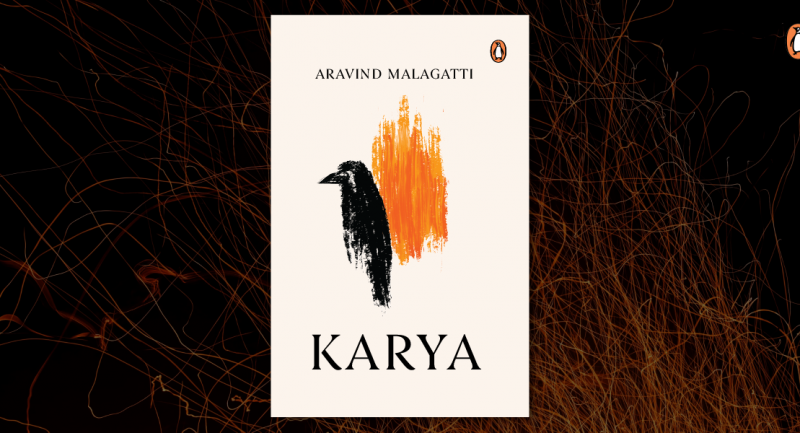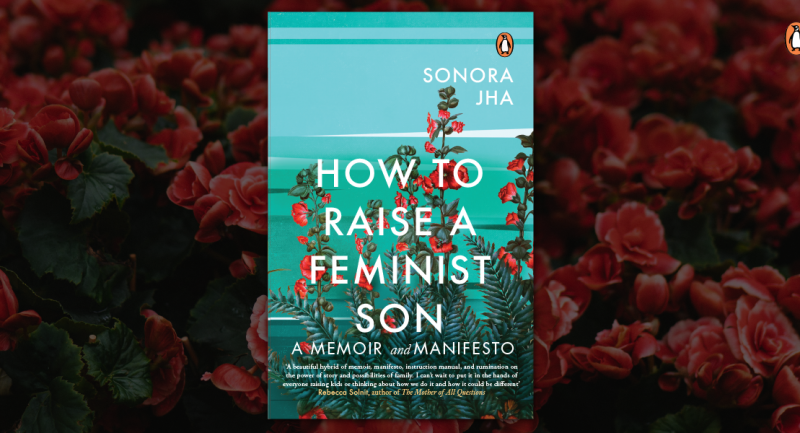
In recent times, whenever ancient Sanskrit works are discussed or translated into English, the focus is usually on the lofty, religious and dramatic works. Due to the interest created by Western audiences, the Kama Sutra and love poetry have also been in the limelight. But, even though the Hasya Rasa, or the humorous sentiment has always been an integral part of our ancient Sanskrit literature, it is little known today.
Anthology of Humorous Sanskrit Verses is a collection of about 200 verse translations drawn from various Sanskrit works or anthologies compiled more than 500 years ago. Several such anthologies are well-known although none of them focus exclusively on humor. A.N.D. Haksar’s translation of these verses is full of wit, earthy humor and cynical satire, and an excellent addition of the canon of Sanskrit literature.
Let’s read these excerpts from the book.
*

Anthology of Humorous Sanskrit Verses
A.N.D. Haksar
When his garb is simple space,
why does he need garments?
If he is covered in ashes,
what for any woman?
And if he does have a woman,
why hate Kama, God of Love?
Seeing all these contradictions
in the ways of his master Shiva,
the body of his servant Bhringi
is just a skeletal bag of bones.
1/2 v. 2399
He cannot read what others write,
his own script no one can read:
the curious thing about him is
that he himself cannot decipher
that of which he is the writer.
1/4 v. 2334
Cleverness in weighing goods
in purchase or sale
and tricks for confiscating deposits:
thus do they, these day-time robbers,
the traders steal from people.
2/14 SP v. 4035
Lakshmi sleeps on a lotus blossom,
Shiva on a hill of snow,
and Vishnu sleeps on a sea of milk.
I think this is because they are all worried
about the bed bugs where they lie.
4/1 SRB Hasya
Make love, lover, while you may,
for your youth is passing away.
When you are dead, who will give you,
with the funeral, a sweet cunt too?
4/8 v. 2366
With no meat or liquor,
nor robbery from others,
or causing them injury,
that official weeps all day.
4/10 SRB Hasya
The goddess of the state’s prosperity
sadly weeps, tears darkened by
ink drops trickling from the pen
of that clerk who plundered her.
4/14 SRB Hasya
No learning or eloquence,
not even any craftiness;
how can you then have, minister
the feeling of not being rewarded?
5/3 SM (HP v. 13)
‘What is it, mother, on top of his head?’
‘Son, it is the crescent moon.’
‘And what is that upon his forehead?’
‘That is his flaming eye.’
‘What’s in his throat?’
‘It’s a poison.’
‘And that thing below his navel?’
Hearing from her son this last,
Parvati covers his eyes
and puts her hand upon his mouth.
May she protect us always.
6/1 SMHP v. 1
**
Get a copy of this book of humourses verses from your nearest bookstore or online.









